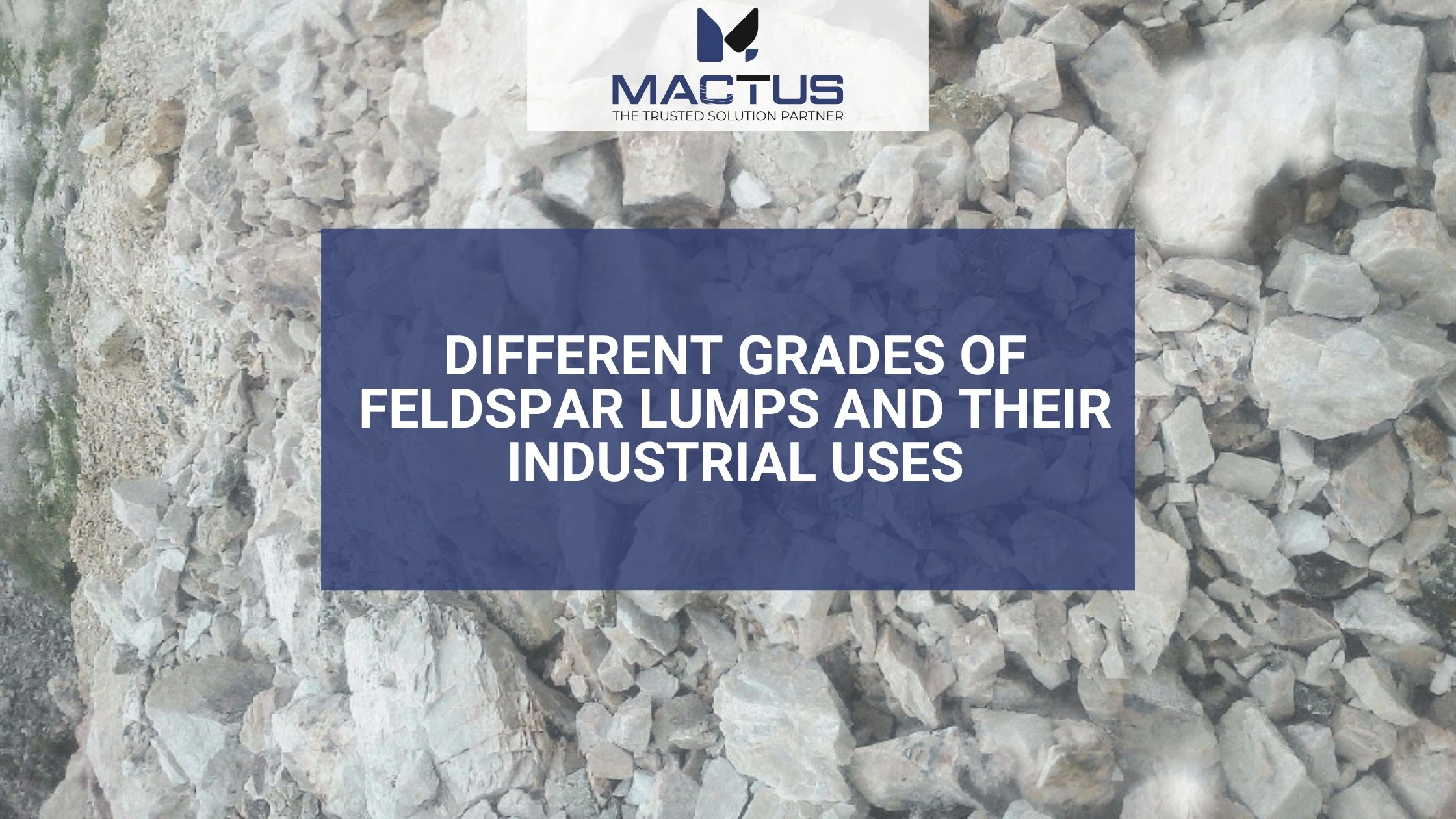

Connect With Our Team
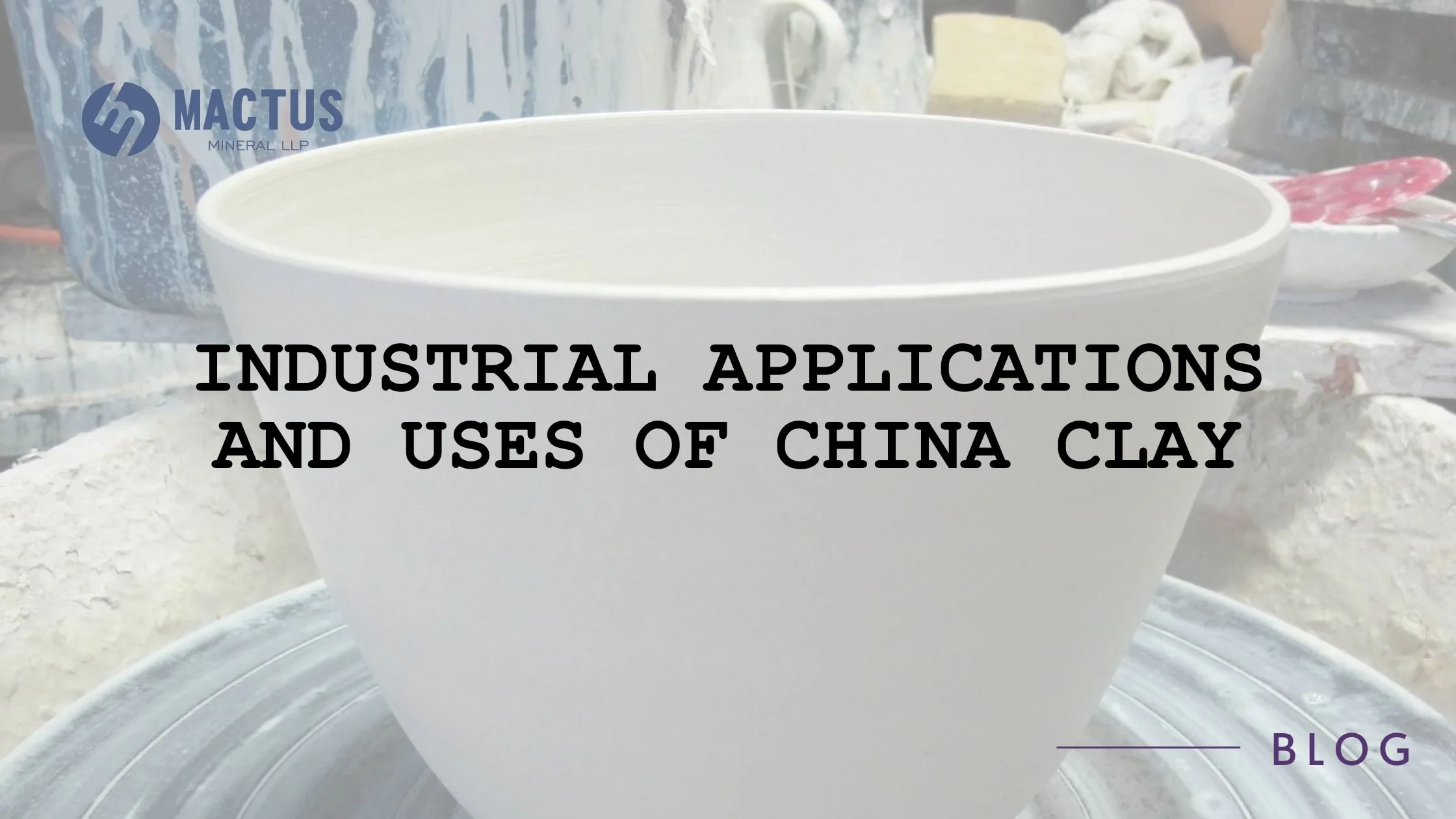
China clay, commonly known as kaolin, is one of the most versatile minerals used industrially. The mineral is essentially made up of kaolinite and has a chemical formula for Al2Si2O5(OH)4. China clay results from the chemical weathering of feldspar. China clay, being so special for all kinds of industries, holds valuable properties:
The shrink-swell capacity is very low
Cation-exchange capacity is low
These properties make it play a crucial role in various industries like ceramics, paper, paints and coatings, plastics and polymers, adhesives, fiberglass, agriculture, cosmetics, and pharmaceuticals.
The multifunctionality of the china clay increases product quality but also assists various manufacturing systems in supporting sustainability.
China clay, also called kaolinite, is famous because of its unique chemical formulation and specific mineral properties. Its chemical composition is Al2Si2O5(OH)4, so it contains the chemical elements aluminum, silicon, oxygen, and hydrogen. This combination results from chemical weathering of feldspar, a common mineral in the Earth's crust.

Low Shrink-Swell Capacity: This refers to the fact that kaolinite does not change much in size with change in moisture. It remains relatively stable, which is necessary for industrial purposes because, in manufacturing industries, the size of the material has to remain constant.
Low Cation-Exchange Capacity: Kaolinite is unable to hold or exchange cations- positively charged ions, and thus it is chemically inactive, which is a very useful characteristic at times when non-reactive materials are required.
These properties make china clay an essential mineral for the many sectors involved in the improvement of product quality and performance in a stable and reliable manner.
The ceramics industry hugely depends on china clay in providing improvements in the strength and durability of various types of ceramic products. This industrial mineral is inimitable in making the following:
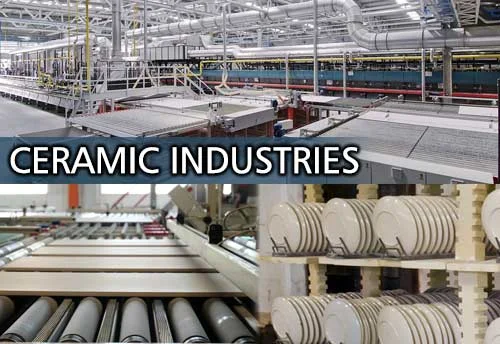
Whiteware
China clay contributes to excellent finishes and strength of whiteware goods like dinner plates, cups, and sanitary ware. Its small particle size and plasticity make the ceramic bodies more workable.
Porcelain
China clay is particularly important in porcelain manufacture; it gives a body with a silky feel and high mechanical strength. The purity of the mineral makes it possible to attain the characteristic translucency of the porcelain.
Pottery
China clay adds to both traditional and modern pottery through the enhancement of moldability in the shaping process. Its strength within the fired final product is also enhanced.
Tiles
China clay gives strength and durability to ceramic tiles but allows them to be adapted for use in homes as well as commercial establishments. Also, with its resistance to thermal shock during firing, it allows tiles to be produced with a level of durability.
Chemically, it is inert and has low shrink-swell capacity; therefore, this makes china clay a very good component in ceramics. Such ceramics will not warp during firing but produce a well-predictable and consistent final product. Its dependence by the ceramics industry makes this versatile mineral significant in the manufacturing of long-lasting, high-quality ceramic products.
China clay is an important filler for paper. The mineral improves the smoothness, gloss, and printability of paper products. The finish it gives makes the paper not only brighter and more opaque but highly economical with water.
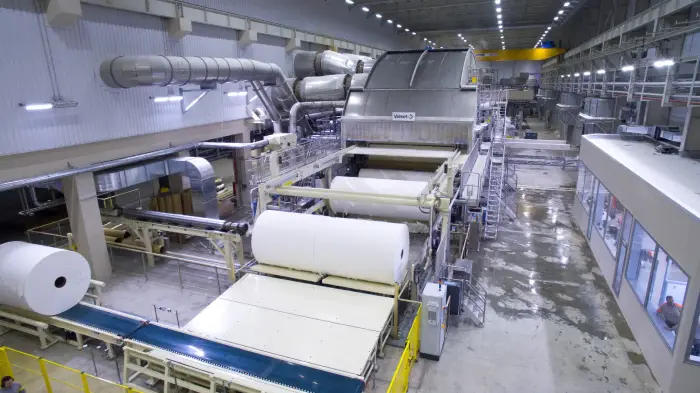
Enhanced Printability: It improves the quality of papers' surface, hence ensuring good-quality prints.
Environmental Impact: reduces the consumption of wood pulp that leads to deforestation. This element is vital especially during current problems on paper making sustainability issues.
Cost Efficiency: The costs of the products decrease because raw materials decrease in price .
These benefits indicate why china clay is significant in producing quality paper products with minimal impacts on the environment.
Being the main filler in paints and coating, china clay consequently endows with numerous other key features:
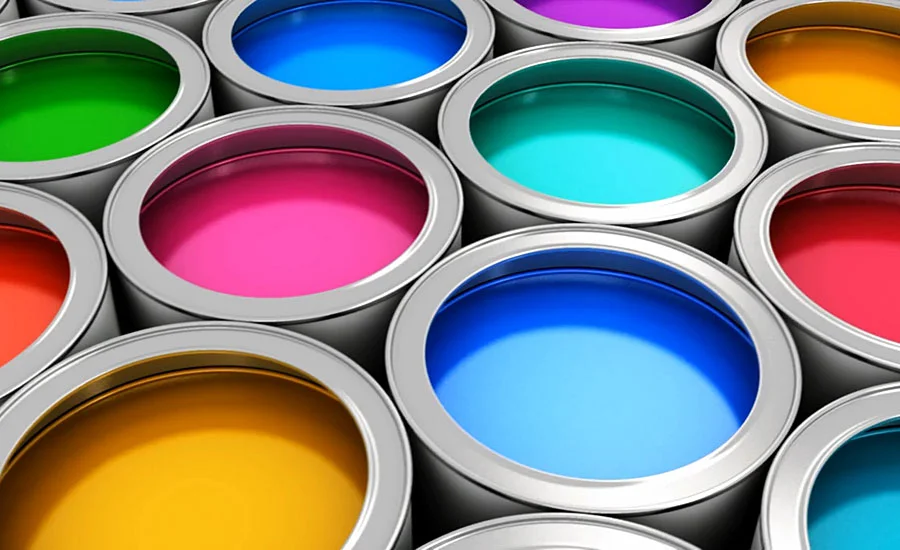
Pigment Stabilization: Stabilization of pigment by finer size particles leads to the proper distribution of pigments and will remain uniform in their color and texture.
Corrosion Resistance: When used in formulations of paint, china clay imparts additional barrier-related properties and safeguards coatings against rust and degradation.
Quality Improvement: By controlling gloss and permitting a more smooth application, it enhances the quality of the paint products as an entity.
These make china clay an essential ingredient in formulating long-lasting paints of high performance.
This natural filler-based application of china clay holds a number of uses in the plastics and polymers industry. The industrial mineral strengthens the mechanical properties of plastic products, hence offers more wear-resistance and strength. With the incorporation of china clay into plastics formulation, plastic products durability as well as plastic products flexibility is improved, thus there is a need for its use in an array of items ranging from household to industrial apparatus.
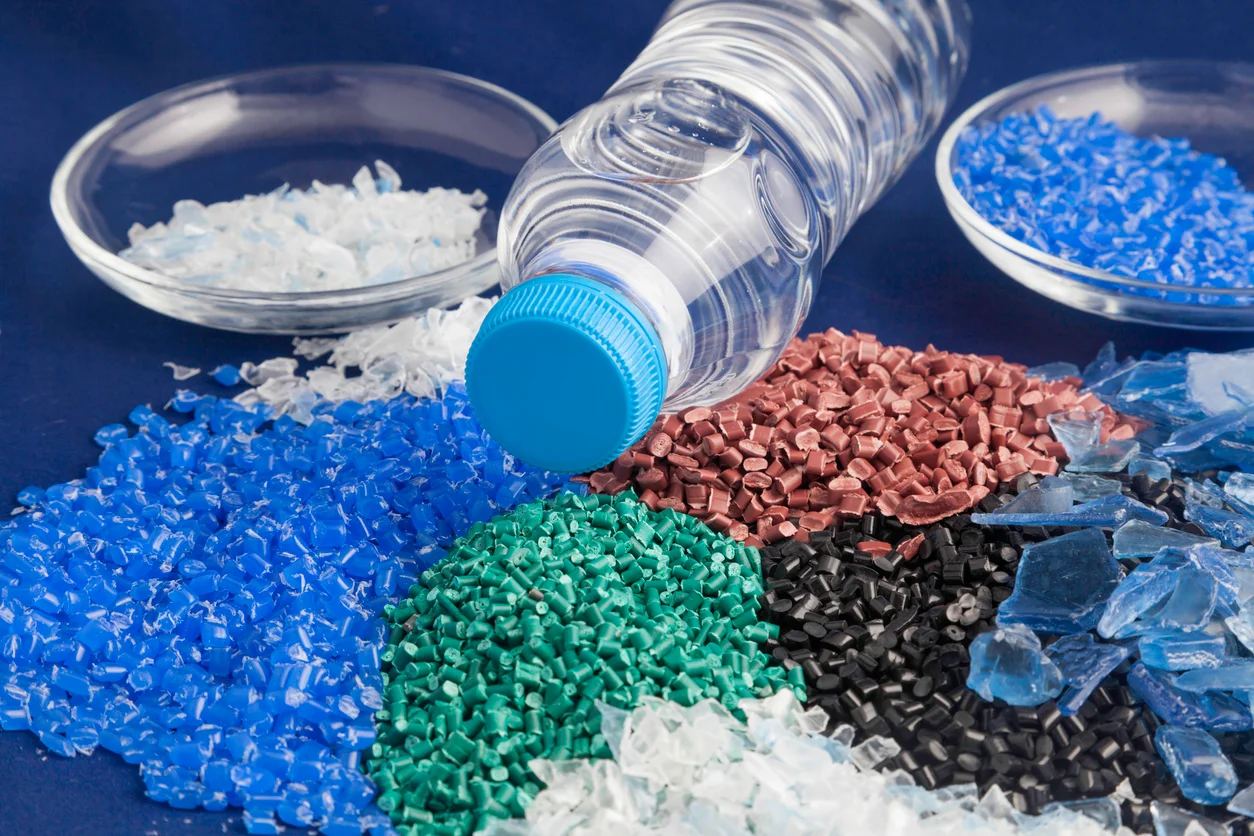
Some benefits accrue from the integration:
Mechanical strength is therefore improved
Wear resistance improves
flexibility increases
All these properties make sure the china clay is used to manufacture long-lasting, sturdy plastic products of top-notch quality.
China clay is a moisture-resistant filler for adhesives production. The mineral enhances the bonding strength of adhesive formulations, hence making more robust and reliable.
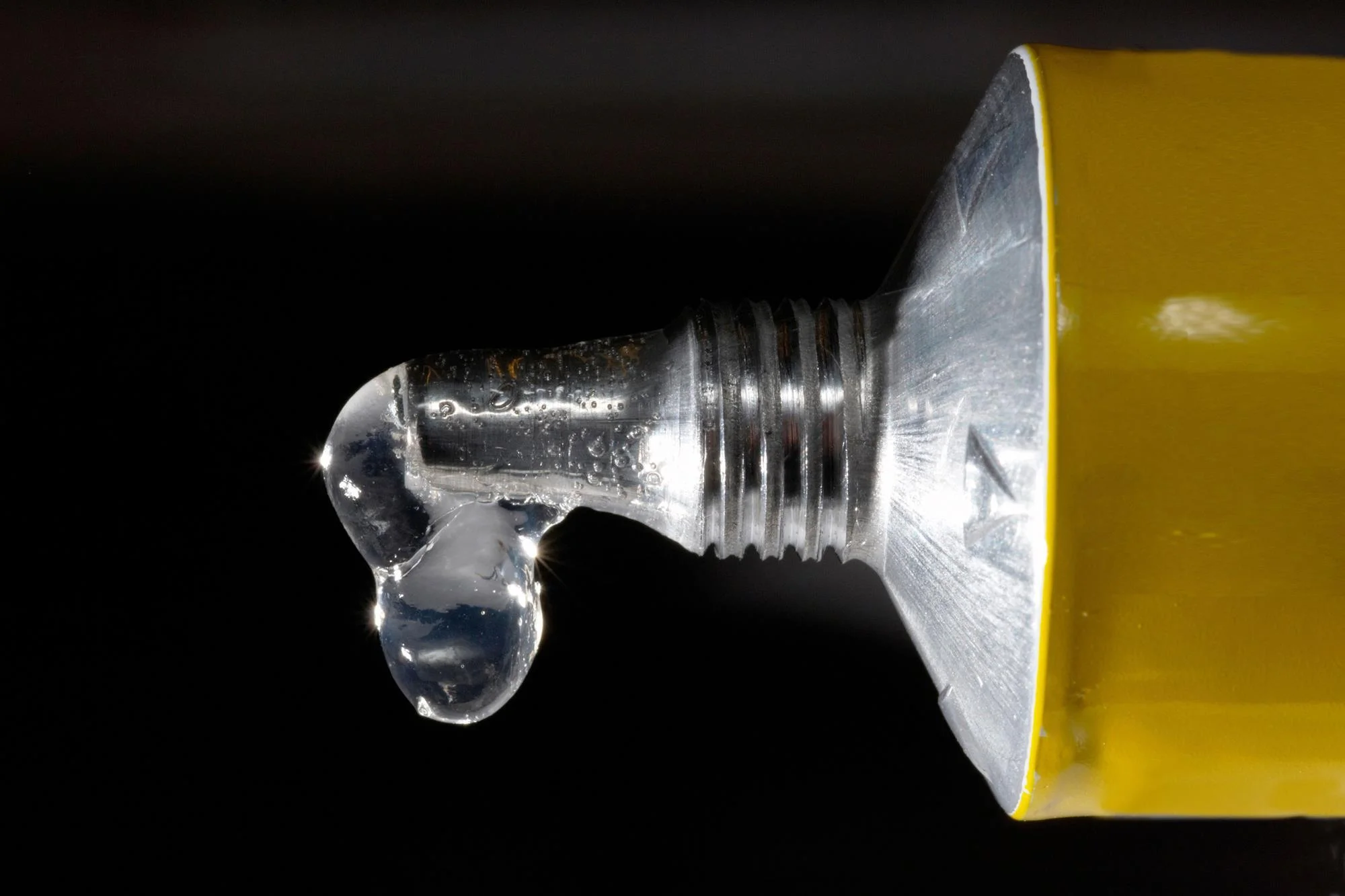
Moisture Resistance: It improves their resistance to moisture in the adhesives: It is crucial for the use of adhesives in conditions where moist conditions are anticipated.
Bond Strength: Adding china clay is useful in enhancing the bond strength so that the adhesive will effectively work under varied conditions.
These characteristics have made china clay indispensable across such sectors as:
Ceramics
Paper production
Paints and coatings
In these areas, adhesives need to be strong and resistant to moisture.
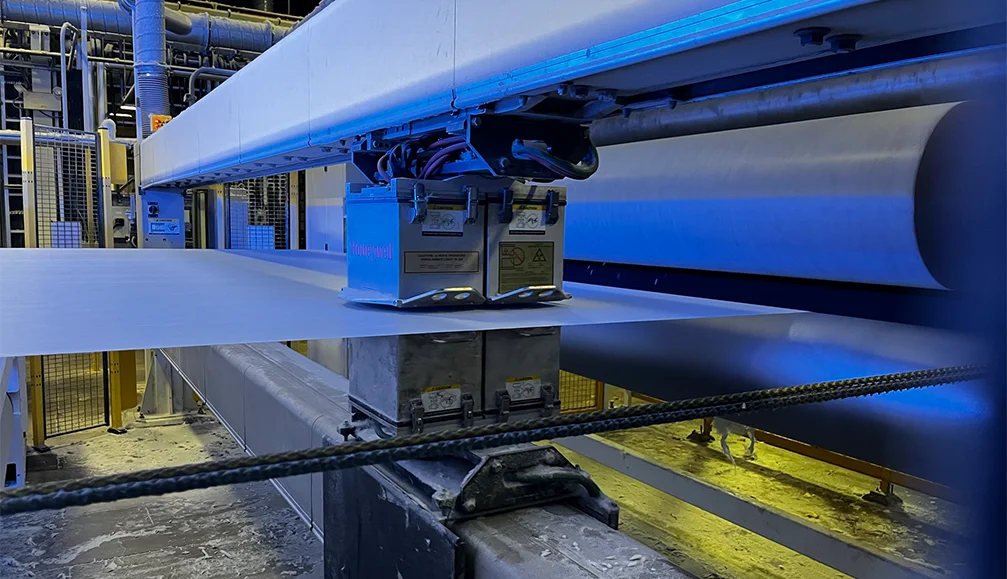
This filler agent then is china clay during the production of fiberglass. It toughens the surface yet does not add weight. Its properties will ensure the production of a solid but strong and resilient fiberglass for parts like those that make vehicles or building materials. Adding china clay ensures that no breakage or crack does occur in fiberglass under the probable impact, which would be very severe for industries to use long-lasting materials that are yet lightweight.
In agriculture, china clay does multiple things:

Pest Barriers: Protective films for pests-This is the application of a barrier film for crop pest prevention. This leads to using fewer chemical pesticides.
Solar Protectants: Solar protectants-China clay works as a solar protector by reflecting sunlight; it prevents fruit and vegetables from getting sunburned.
These applications reveal far more diversity than just applications to ceramics or paper production. In farming, china clay protects crops and supports sustainable agriculture by eliminating chemicals.
China clay is chemically inert and, hence, is used safely in cosmetic and pharmaceuticals. It can be applied on the skin either directly or in suspensions in facial masks and skincare powders. Its absorbency helps in soaking up impurities and excess oils without irritating the skin.

In pharmaceuticals, china clay is an inactive ingredient, since it is not altering the pH balance. It ensures uniform distribution of active ingredients in tablets and capsules to supply equal dosage and impact consistently. Such versatility makes it applicable beyond industrial applications such as conventional ceramics, paper, paints, and coatings.
Such diverse uses in diverse sectors underscore the importance of china clay in sustainable industrial practices.
Kaolin's use towards sustainability efforts would be essential in determining the long-term sustainability of this multifunctional mineral. The more the sectors become responsible sources, the better it would be in reducing the impact on the environment. The efforts include:
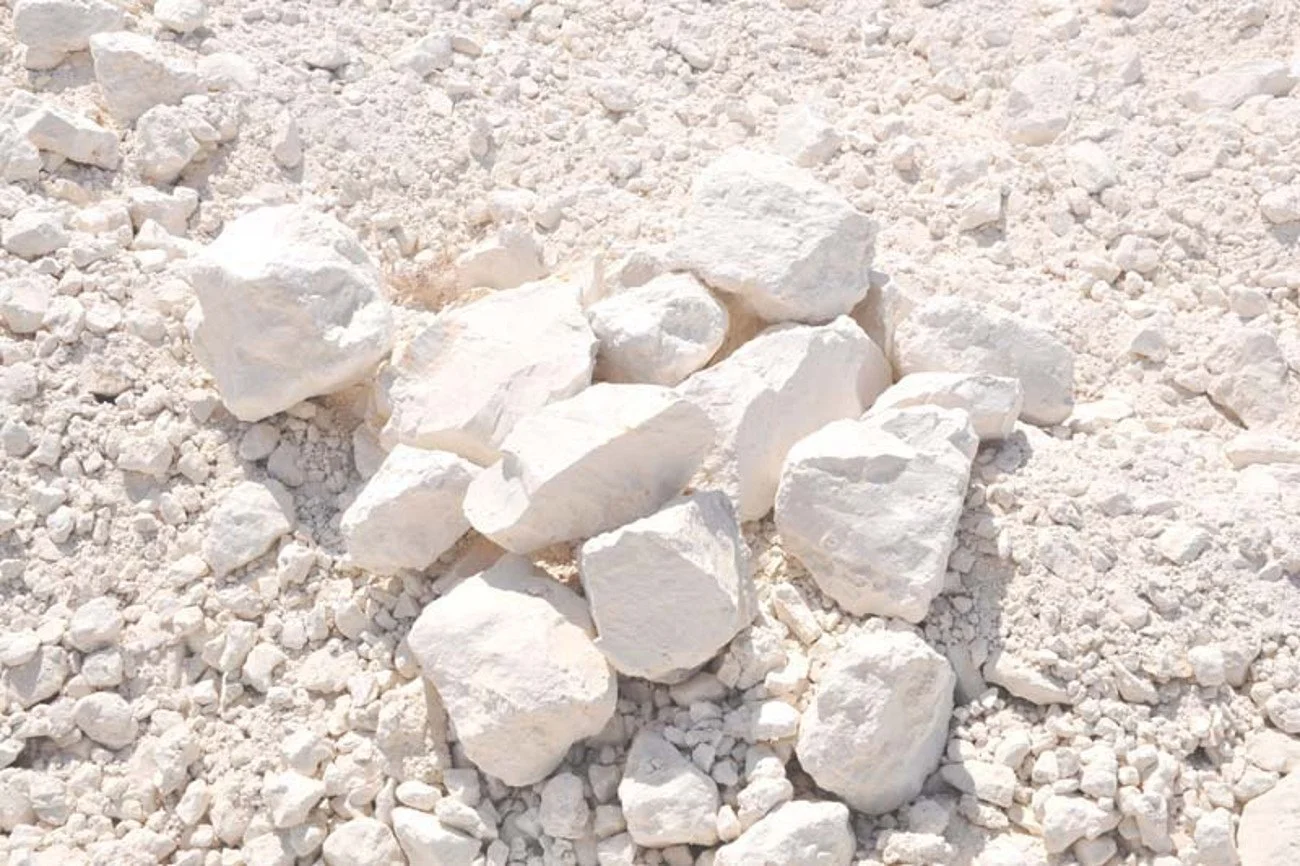
Sustainable mining methods: Increasing extraction methods to decrease the ecological footprint.
Recycling and reusing by-products: Minimizing waste generation as part of a circular economy.
There should be further studies so that the maximum economic benefits of china clay are reaped with minimal harm. Newer explorations can bring in the following benefits:
Maximized material utilization efficiency: Forming new applications through which the best of kaolin will be utilized.
Environmental preservation: Protecting all sorts of natural habitats during the process of extraction.
This means that the importance of china clay lies in the enormous industrial applications and uses. The industries can use the multifunctional properties of china clay suitably provided there is sustainability, thus maintaining a holistic approach that harmonizes economic activities with natural concerns.
China clay, also known as kaolin, is a valuable mineral recognized for its unique properties. It plays a crucial role in multiple industries due to its ability to enhance product quality and performance.
Kaolinite, the primary component of China clay, has the chemical formula Al2Si2O5(OH)4. It forms through the weathering of feldspar and exhibits physical properties such as low shrink-swell capacity and low cation-exchange capacity.
In the ceramics industry, China clay enhances the strength and durability of products like whiteware and porcelain. Its unique properties contribute to improved product performance and longevity.
China clay serves as a filler agent in paper production, improving printability and reducing environmental impact. Its use helps enhance the overall quality of paper products.
In the paints and coatings industry, China clay acts as an additive that enhances pigment stabilization, corrosion resistance, and overall quality of paint formulations.
Ongoing sustainability initiatives focus on promoting responsible sourcing practices for China clay. These efforts aim to maximize economic benefits while minimizing potential adverse impacts associated with excessive extraction activities.
Whatsapp Chatx
Hi! Click one of our representatives below to chat on WhatsApp or send us email to [email protected] [email protected]
 |
Mr. Vivek Rajpara +91 75750 53447 |
 |
Mr. Nikunj Vadaliya +91 98240 66283 |
